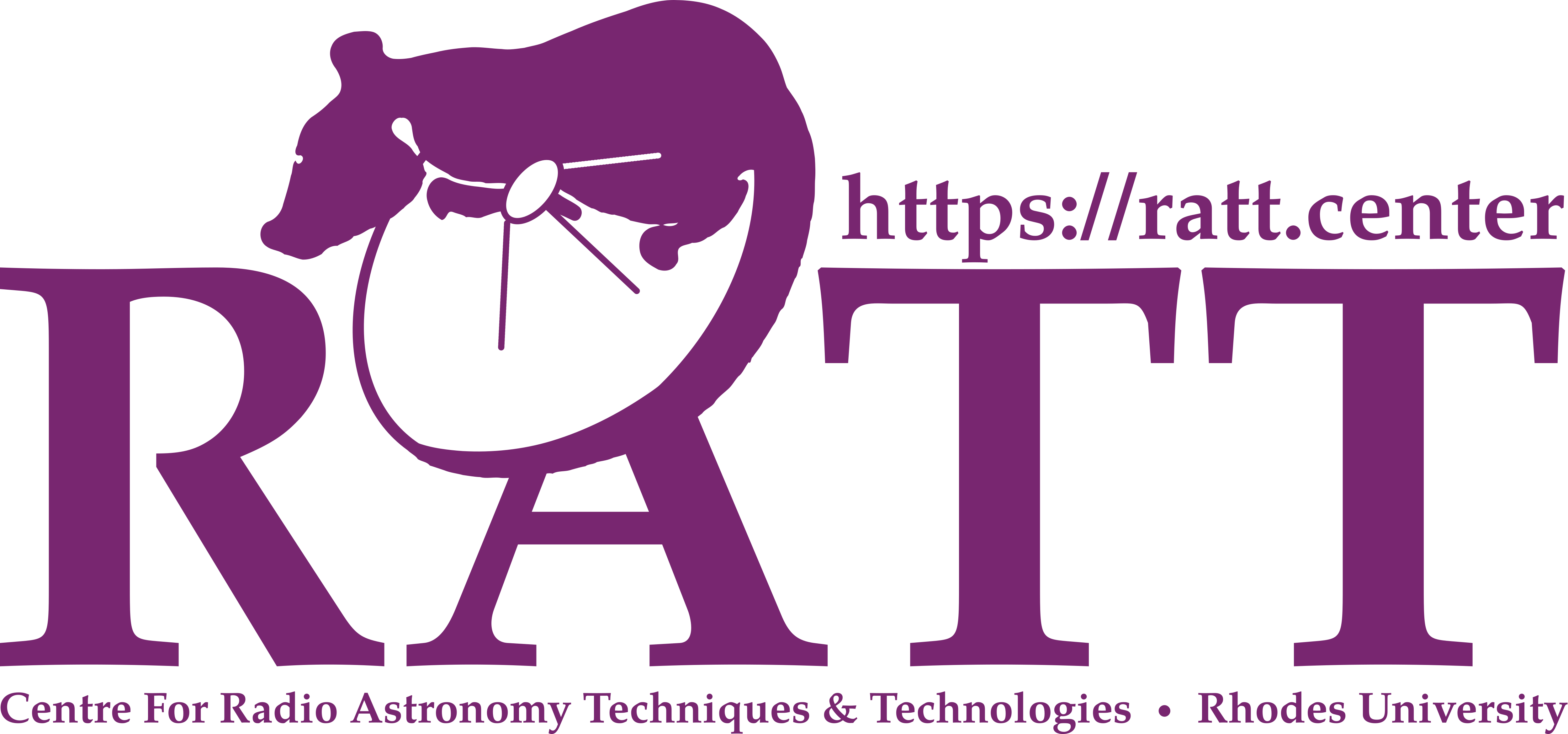Rhodes University, together with the South African Square Kilometre Array Project (SKA SA) is calling for applications to fill post-doctoral fellowships in the field of advanced algorithms for radio astronomy calibration and imaging.
Rhodes University has established the Centre for Radio Astronomy Techniques and Technologies (RATT) based around the SKA Research Chair in RATT held by Prof Oleg Smirnov. RATT works in close collaboration with the Radio Astronomy Research Group (RARG) of SKA South Africa. One post-doctoral fellowship will be based at Rhodes University, and one at SKA SA’s Cape Town offices. RATT & RARG conduct research into novel radio astronomy calibration, imaging, data analysis algorithms, software and techniques that are urgently required by the next generation of radio telescopes and by the science they are designed to deliver. SKA SA is currently designing and constructing the MeerKAT Radio Telescope in the Karoo Region of the Northern Cape Province. MeerKAT is a world-class radio telescope and is designed to do groundbreaking science. Via MeerKAT, South Africa is playing a leading role in the design and technology developments of the international Square Kilometre Array project. With MeerKAT Array Release 1 (16 dishes) already online as of July 2016, and the full array scheduled to be operational in 2017, this is a very exciting time to be joining the project.
We are looking for two kinds of candidates to fill the above positions: radio astronomers with a strong background in techniques, algorithms and software, or mathematicians and/or signal processing specialists with a strong background in computing science. The positions therefore require a PhD in one of the related disciplines (astronomy, astrophysics, signal processing, mathematics, applied mathematics, CS). The ideal candidate will have proven software development skills, and will have a strong interest in the development of new theoretical and applied techniques, and in the applications of these to drive new science with current and future observatories.
The successful candidates will be expected to collaborate closely with other RATT/RARG researchers and with the MeerKAT commissioning team, as well as participate in observational programs with leading radio observatories (JVLA, LOFAR, E-MERLIN, GMRT, WSRT, ATCA, EVN, ALMA, ASKAP, etc.) In addition to their own research, the post-doctoral fellows will be expected to supervise and co-supervise PhD and MSc students at RATT.
The value of the fellowships is fixed at the standard SKA SA post-doctoral bursary level, which (as of 2016) is ZAR 330,000 per annum, tax-free, and revised annually. Additional equipment and travel funding will be available. The appointment is for two years, with a one-year extension subject to satisfactory progress.
Interested candidates should submit a CV, bibliography, brief summary of research, and three letters of recommendation by December 1, 2016. Applications will start to be considered from that date until the positions are filled. Inquiries, applications and letters of recommendation should be sent to Oleg Smirnov, o.smirnov@ru.ac.za.
